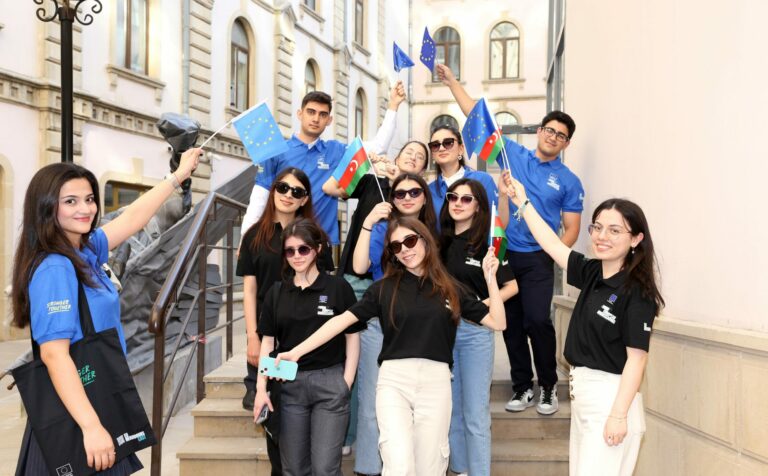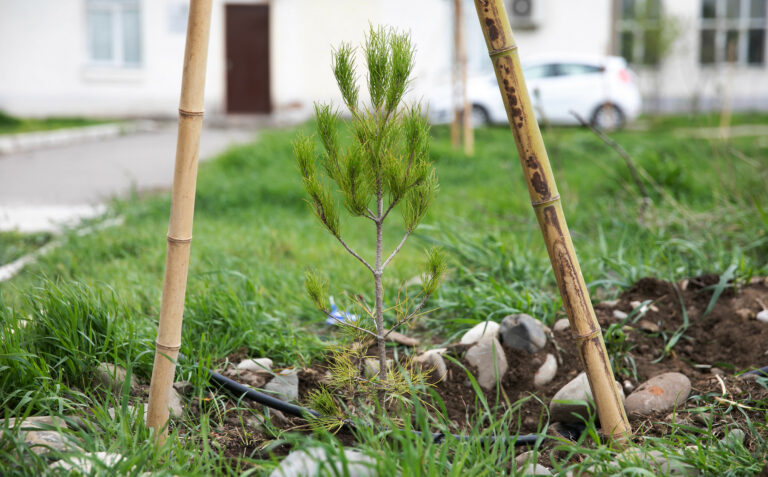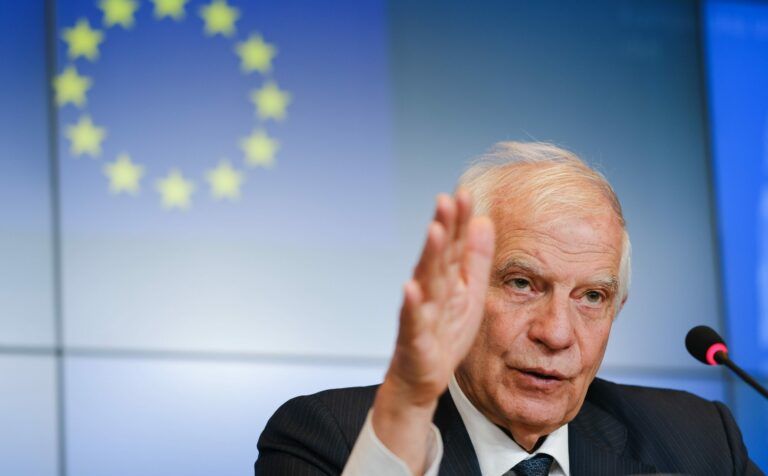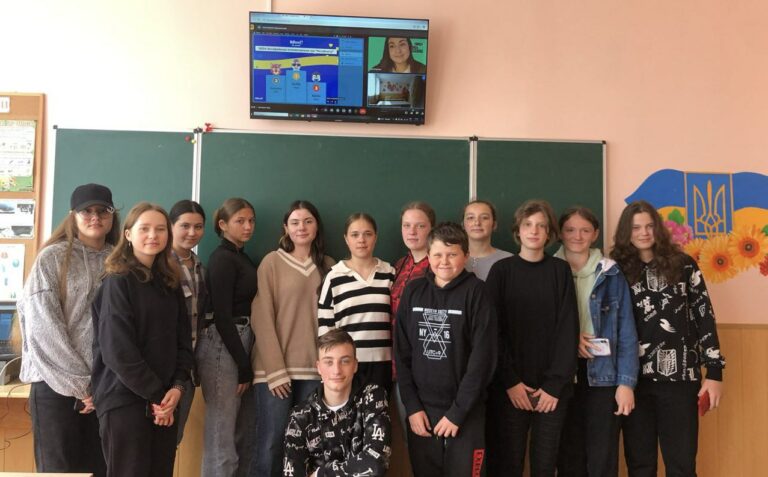
Earth Day 2022: how tracking fossil-fuel subsidies can help secure more resources for the green energy transition
On Earth Day 2022, the EU4Environment programme has published an article highlighting the importance of energy subsidy reform to help the transition towards green energy.
Tracking and measuring government support to fossil-fuel production and consumption is among the key policy measures to decarbonise economies, EU4Environment says. Reforming fossil-fuel subsidies can help to free substantial fiscal resources that can be redirected to other important social objectives, including investments in clean energy sources. Phasing out such subsidy schemes has the potential to improve price signals to accelerate the development of lower carbon alternatives.
Investing time and resources to identify and measure fossil-fuel subsidies and the potential distributional effects of their reform can help policy makers to make better informed decisions in their efforts to phase out subsidies. Analysis can also help identify their impacts to all stakeholders, especially to those segments of the population that may be most negatively affected by the reform.
In order to help governments in the EU’s Eastern partner countries to develop a better understanding of existing fossil-fuel subsidy schemes and their economic, social and environmental impacts, the OECD – one of the implementing partners of the EU4Environment programme – conducts regular data collection and analysis of such government support, as part of its effort to support energy subsidy reform under.
In 2018, the OECD prepared an “Inventory of Energy Subsidies in the EU’s Eastern Partnership Countries”. This was the first comprehensive and consistent record of energy subsidies in the region and was developed with a view to improving transparency and establishing a solid analytical basis to help build the case for reforms in the EaP countries. The study provided quantitative estimates of government support channelled to consumers and producers of coal, oil and related petroleum products (particularly in the transport sector), natural gas, and electricity and heat generated on the basis of these fossil fuels. Additional data collection and analysis was subsequently published in the report “Fossil-Fuel Subsidies in the EU’s Eastern Partner Countries: Estimates and Recent Policy Developments” as well as in the Policy Highlights “Fossil-fuel subsidies in the EU’s Eastern Partner countries How governments supported fossil fuels in 2020”.
The data from these analyses are now available in the OECD database on government support to fossil-fuel production and consumption. The inclusion of the EaP countries in this database is an important milestone in achieving transparency. It recognises efforts of the EaP governments to disclose information on government support volumes that go to the energy sector in these countries.
The debate on fossil-fuel subsidies has gained significant momentum over the past ten years. Governments are now better informed and more aware of the potentially negative fiscal, social, environmental and climate-related impacts of such subsidies on the economy. The phase-out of fossil-fuel subsidies together with carbon pricing and fuel taxation can help align price signals with and generate substantial revenues for the transition to a net-zero path of economic development.
The OECD work on fossil-fuel tracking and measurement has been actively supported by the European Union within the “European Union for Environment” (EU4Environment) Programme and the “Greening Economies in the Eastern Neighbourhood” (EaP GREEN) Project.
Earth Day is an annual event on April 22 to demonstrate support for environmental protection. First held on April 22, 1970, it now includes a wide range of events coordinated globally by EarthDay.org including 1 billion people in more than 193 countries. The official theme for 2022 is Invest In Our Planet.
Find out more
MOST READ
SEE ALSO

Young European Ambassadors in Azerbaijan welcome new members

International Mother Earth Day: Young European Ambassadors plant trees and promote EU in Armenia

Borrell: some EU members willing to provide Ukraine with ammunition and air defence and interceptor systems

Young European Ambassadors in Ukraine engage students in Vinnytsia Region in game on disinformation

DW Akademie: EU-funded MediaFit programme hosts event for Ukrainian journalists in Brussels
More campaign pages:
Interested in the latest news and opportunities?
This website is managed by the EU-funded Regional Communication Programme for the Eastern Neighbourhood ('EU NEIGHBOURS east’), which complements and supports the communication of the Delegations of the European Union in the Eastern partner countries, and works under the guidance of the European Commission’s Directorate-General for Neighbourhood Policy and Enlargement Negotiations, and the European External Action Service. EU NEIGHBOURS east is implemented by a GOPA PACE-led consortium. It is part of the larger Neighbourhood Communication Programme (2020-2024) for the EU's Eastern and Southern Neighbourhood, which also includes 'EU NEIGHBOURS south’ project that runs the EU Neighbours portal.

The information on this site is subject to a Disclaimer and Protection of personal data. © European Union,







